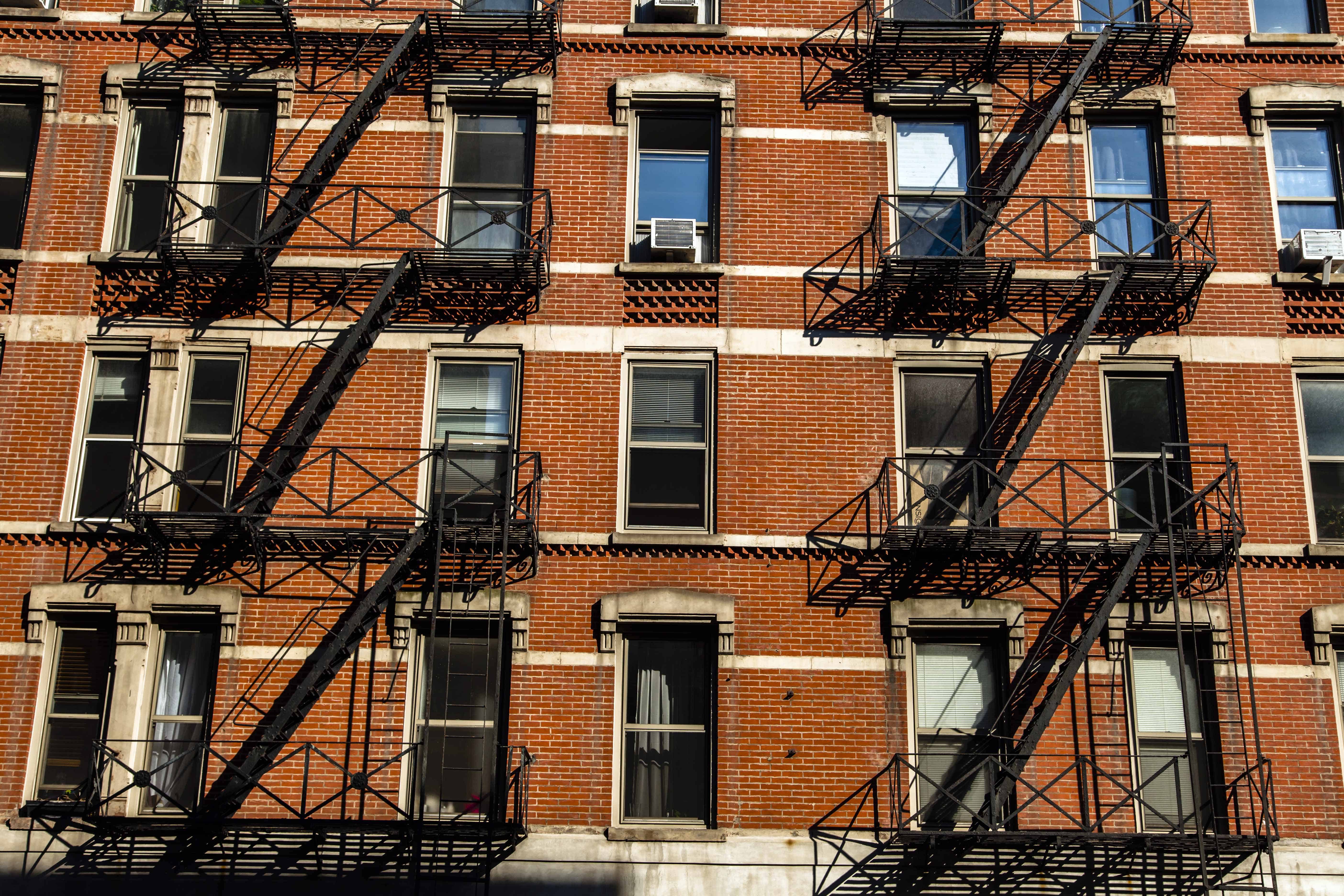Find out if it’s legal for a landlord to raise your rent
As high as rent costs are today, the last thing any tenant wants to receive from their landlord is a rent increase notice. While conventional wisdom dictates that you should spend no more than 30% of your monthly gross income on rent, this becomes increasingly difficult when the cost of your apartment in New York or Denver rental is constantly on the rise. So what, if anything, can you do about it? Here’s what you should know about what you can do when your landlord raises your rent.

Can your landlord raise your rent?
Well, it depends. The city you live in, local rent control laws, and your lease terms will determine if it’s legal or not. These are the circumstances when your landlord can and can’t raise your rent.
When your landlord can raise your rent
Month-to-month leases
If you signed a month-to-month lease, landlords are within their rights to raise the rent at the end of each month. Similar to a 12-month lease, a monthly lease is still a binding contract. So your landlord would still be required to give you advance notice (generally about 30 days) and can only raise the rent at the end of the month, even if you are a monthly tenant.
After year-long leases
Typically, rent increases occur after your lease ends. So if you signed a year-long lease and your landlord tried to raise the rent six months in, that is not acceptable. Rent increases are only legal once the 12-month lease has finished.
The terms and conditions of your rent should all be laid out clearly in the rental agreement you sign at the beginning of your tenancy. Unless stated otherwise in the lease agreement, early and monthly rent increases are only allowed under the above conditions. That’s why it’s important to thoroughly read through and understand your rental agreement.
Keep in mind that a rent increase can also impact your security deposit. Since the rent is now higher, you may have to add more to the deposit as well.
When your landlord cannot raise your rent
If they fail to give you adequate notice of a rent hike
Landlords typically cannot raise your rent until they’ve provided the required notice period, which varies by state or local laws. Rent hikes usually require a written notice given 30 to 90 days in advance, depending on the length of your lease. Without proper notice, you can continue paying your current rent until the increase is legally enforceable, giving you more time to budget or consider other housing options. Always check your lease and local laws for specific notice requirements.
If they increase your rent for discriminatory reasons
It’s also illegal for a landlord to increase rent for discriminatory reasons or in retaliation for previous conflicts. If you believe the rent increase is in response to a past conflict you had with the landlord or because they are discriminating against you based on your race, gender, sexual orientation or other protected characteristics, those are grounds to possibly have the increase overturned.

What to do if your landlord raises your rent
A rent increase can be jarring and upsetting for anyone. Finding out you have to choose between paying a higher rent or moving is bound to trigger some strong emotions and potentially difficult decisions.
However, you’re not without recourse and options for how to handle the situation. If you receive a rent increase notice and are unsure what to do, here are a few steps you can take.
1. Know your local laws
Renter’s rights can vary widely at both city and state levels. What’s legal in one city in your state isn’t always legal for other cities you may live in. This is why it’s crucial that you check your local laws when you learn of an impending rent increase.
This can pertain to whether the timing of the notice is legal, or if the increased amount is legal. Some states or cities don’t have set or maximum amounts for rent increases, leaving it up to the landlord’s discretion. So if there are no laws that set a cap or limit, your landlord can hike up the rent as much as they see fit.
2. Get it in writing
In most states, it’s required that any rent increase notice be served to the tenant in written form. This could be as a letter or email. If your landlord verbally told you they will raise the rent, that is not legal. If your landlord is trying to raise your rent and doesn’t provide written proof, that’s evidence you may use in case the situation goes to court.
3. Double-check your lease
Read through your lease to make sure that the rent increase is allowed. This includes checking that the notice arrives in an appropriate time frame and adheres to any other relevant clauses.
4. Report any illegal actions to the proper authorities
If you determine that the rent increase is unlawful for whatever reason, you can report your landlord to the respective authorities in your area. This could be a local government agency or department related to housing, or a housing and tenants’ rights advocacy group. They can point you in the right direction.

5. Speak with your landlord
Assuming the rent increase is legal, you still may not want to pay it. Maybe you are unable to afford the new proposed amount. Maybe you feel that based on your good rental history in that unit, it’s unnecessary or unjustified. Whatever the reason, you can try to negotiate with your landlord.
You can do this in person or send a written negotiation letter. Be sure to describe in clear terms why you can’t or don’t think you should pay the increase. You can detail your financial situation, or make reference to your rental history. Have you always paid the rent on time and in full? Are you a model tenant? Highlight those reasons the landlord will want to keep you on as a renter.
6. Organize with the other tenants
If all other attempts to negotiate with your landlord have failed, you may find strength in numbers. Check with the other tenants in your building to see if they are OK with the rent increase.
Collective action is a powerful tool. If the majority of the building opposes the rent increase and the landlord moves forward, they could be facing multiple people moving out at the same time. This gives them more work to suddenly try to fill the empty units. Having reliable tenants makes their job easier. This incentivizes them to work in good faith with the tenants they have.
7. Pay the increased amount
Unfortunately, if your landlord won’t budge, and they are within their rights then you will have to pay the increased rent or find a new apartment to rent.

If your landlord decides to raise your rent, you have options
Receiving a rent increase notice can be stressful, but understanding your rights and options can help you navigate the situation with more confidence. Whether it’s knowing local laws, checking your lease, or negotiating with your landlord, there are steps you can take to address the hike. In the end, it’s important to stay informed and take action based on what’s best for your financial situation and living arrangements.













